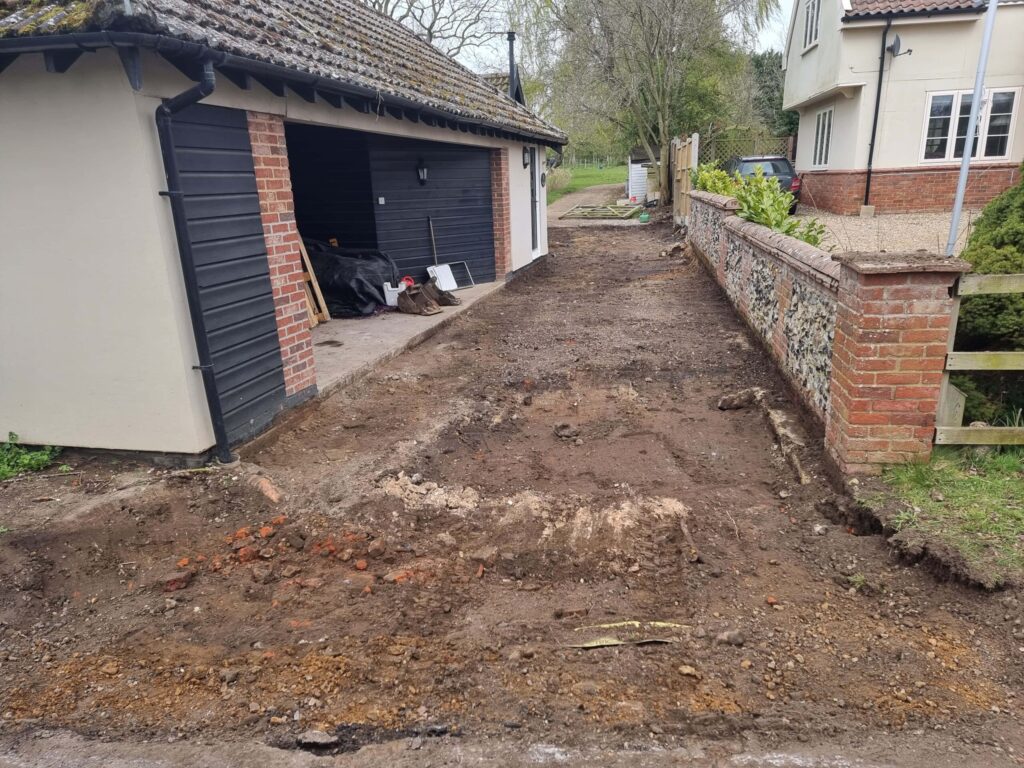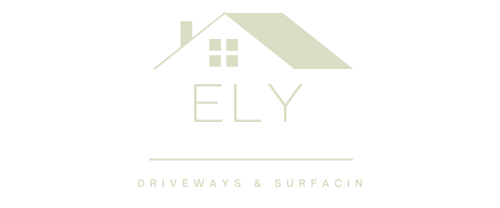Comparing Different Types of Block Paving Materials for Commercial Use
Introduction: The choice of block paving materials for commercial properties can significantly impact your space’s functionality and aesthetic appeal. At Ely Driveways & Surfacing, we understand the importance of choosing the right materials for commercial applications. In this blog post, we’ll compare different block paving materials, examining their benefits and drawbacks to help you make an informed decision.
1. Concrete Block Paving
Overview: Concrete block paving is popular for commercial properties due to its durability and affordability. It’s made from a mixture of cement, sand, and aggregates, then moulded into blocks of various shapes and sizes.
Advantages:
- Cost-Effective: Generally more affordable compared to other materials.
- Durability: Resistant to heavy loads and wear, making it ideal for high-traffic areas.
- Customisation: Available in a wide range of colours and patterns.
- Low Maintenance: Requires minimal upkeep and is easy to clean.
Disadvantages:
- Staining: Concrete can be prone to staining if not sealed properly.
- Colour Fading: Over time, exposure to UV rays may cause colour fading.
- Cracking: Although durable, concrete blocks may crack under extreme pressure or if not installed correctly.
Best For: Retail areas, business parks, and car parks.
2. Clay Block Paving
Overview: Clay block paving is crafted from fired clay and is renowned for its classic appearance and durability. The firing process gives the blocks a hard-wearing surface with a unique colour variation.
Advantages:
- Aesthetic Appeal: Offers a timeless and natural look with rich colours and textures.
- Durability: Highly resistant to staining and fading and can handle heavy loads.
- Eco-Friendly: Made from natural materials and is fully recyclable.
Disadvantages:
- Higher Cost: Generally more expensive than concrete options.
- Limited Colours: More colour options than concrete.
- Complex Installation: Installation may require specialised skills to ensure proper alignment and fitting.
Best For: High-end commercial properties, historic buildings, and prestigious locations.
3. Natural Stone Paving
Overview: Natural stone paving includes granite, sandstone, and limestone materials. It is prized for its natural beauty and unique characteristics.
Advantages:
- Unique Appearance: Each stone is unique, offering a high-end, bespoke look.
- Longevity: Extremely durable and can last for decades with proper care.
- Low Maintenance: Requires minimal maintenance and is resistant to weathering.
Disadvantages:
- Cost: Typically, the most expensive option is due to the cost of the material and installation.
- Varied Quality: Quality can vary depending on the source, affecting durability and appearance.
- Slipperiness: Some natural stones can become slippery when wet, requiring additional or surface treatments.
Best For: Luxury commercial properties, high-traffic pedestrian areas, and areas focusing on aesthetic appeal.
4. Permeable Block Paving
Overview: Permeable block paving allows water to drain through the blocks and into the ground below. This type of paving is ideal for managing surface water and reducing runoff.
Advantages:
- Environmental Benefits: Helps reduce flooding and encourages groundwater recharge.
- Regulatory Compliance: Often meets local regulations regarding sustainable drainage systems (SuDS).
- Reduces Puddles: Minimises water pooling on the surface, enhancing safety.
Disadvantages:
- Higher Initial Cost: Generally more expensive to install than non-permeable options.
- Maintenance: Regular cleaning is required to prevent blockages in the drainage system.
- Limited Aesthetic Options: We may have fewer design options than traditional block paving.
Best For: Areas with drainage concerns, eco-friendly developments, and urban environments with stringent environmental regulations.
5. Resin-Bonded Block Paving
Overview: Resin-bonded block paving involves applying a layer of resin over the surface of the blocks, which is then mixed with aggregate.
Advantages:
- Durability: Provides a hard-wearing, long-lasting surface resistant to stains and damage.
- Aesthetic Flexibility: Offers a range of finishes and colours to suit various design needs.
- Low Maintenance: Easy to clean and maintain.
Disadvantages:
- Cost: It can be more expensive due to the additional resin layer.
- Installation Complexity: Requires professional installation to ensure the resin bonds correctly and lasts.
Best For: Modern commercial spaces, high-traffic areas, and locations requiring a durable, low-maintenance surface.
Conclusion: Choosing the right block paving material for your commercial property involves considering budget, aesthetic preferences, durability, and environmental impact. Each material has unique advantages and potential drawbacks, so weighing these carefully against your specific needs and requirements is essential.
Call us on: 01353 880 898
Click here to find out more about Ely Driveways & Surfacing
Click here to complete our contact form and see how we can help you with your driveway needs.

